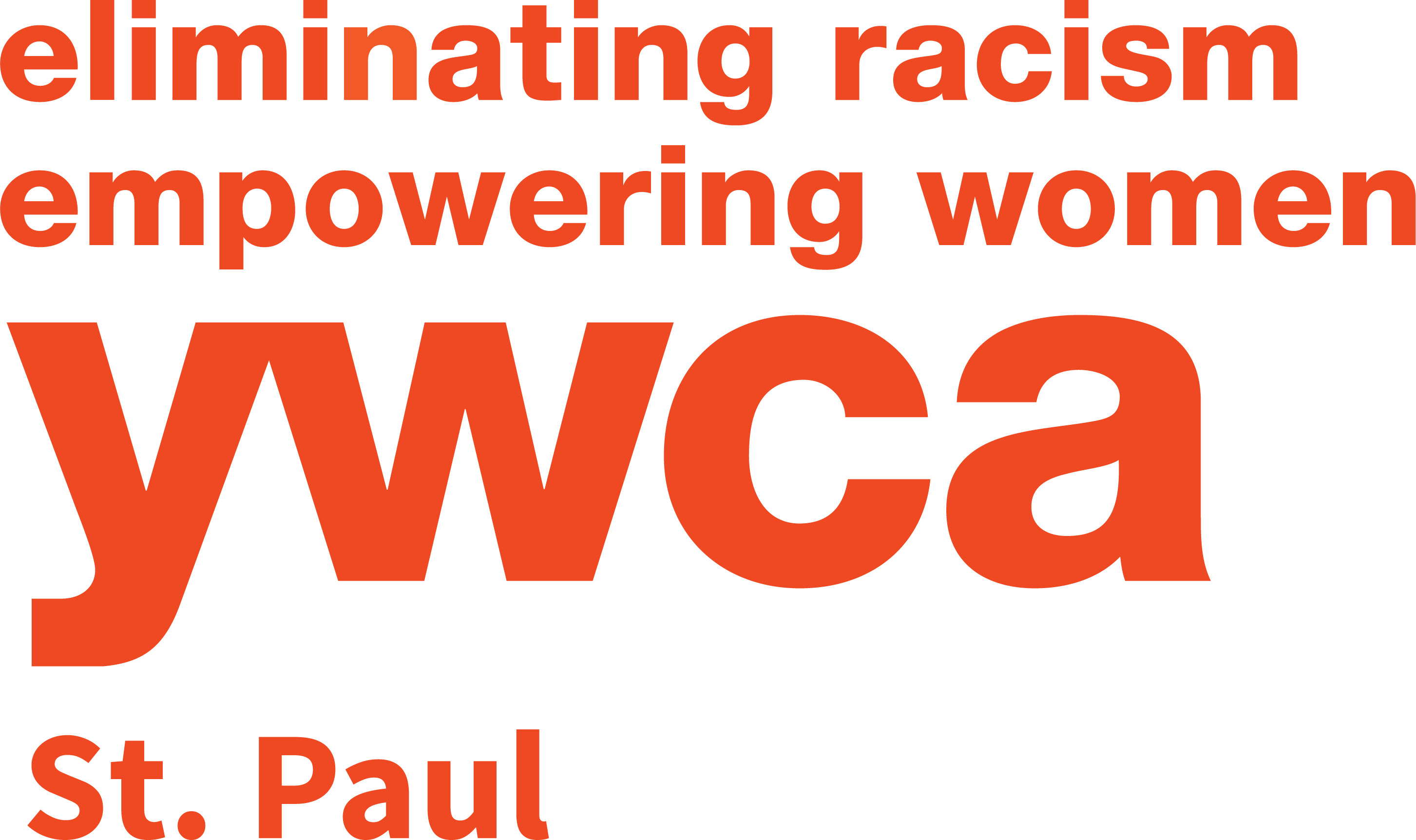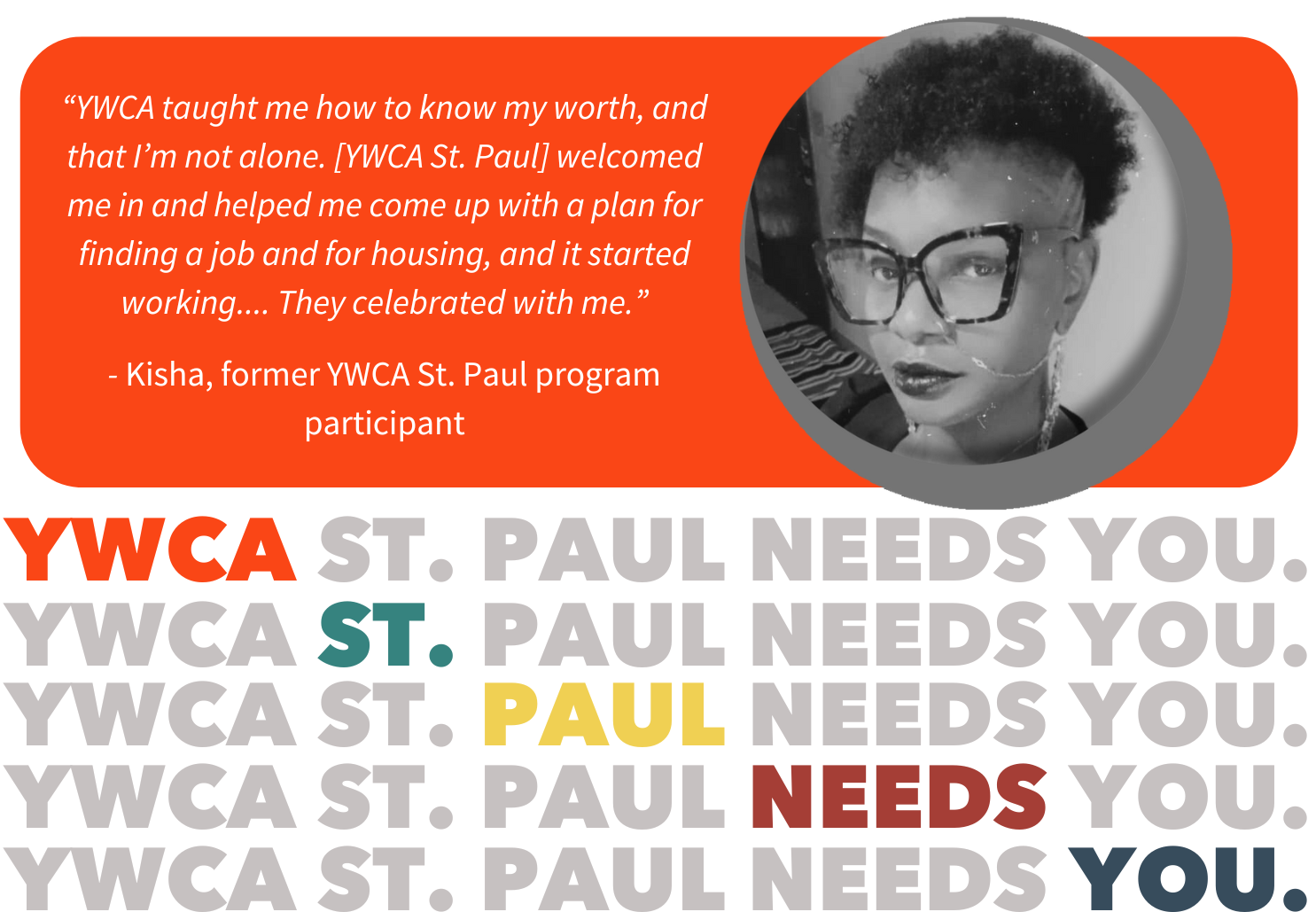Often, when something big happens, we are inundated with numbers and statistics, causing us to lose sight of the ‘faces’ that are part of the equation. But it is those very faces that make up the numbers, and our failure to see that means there is less recognition of humanity. That is one reason why stories are so important and why sharing them builds the connection between statistics and actual people. Having faces attached to the stats creates room for empathy.
Growing up, my family told stories about where we came from. Those stories were always tailored to my age. There were often missing pieces, some of which I would eventually learn – though not without a lot of begging and prying! These stories were hard to tell. They were experiences that my parents would have rather forgotten, but their stories are the reason that I am who I am – their stories are my stories. In hearing these stories, I was able to gain a better understanding of my parents. Hearing the struggles that they encountered made them more than just parental figures in my life; I realized they were true individuals, having lived an entire life long before I was born. I was able to empathize and see my parents in a fuller way than I had before.
Empathy is defined by the Merriam-Webster dictionary as ‘the actions of understanding, being aware of, being sensitive to, and vicariously experiencing the feelings, thoughts, and experience of another of either the past or present without having the feelings or thoughts.’ Empathy that is elicited through storytelling is powerful. You are seeing that person, experiencing a moment, and sharing some of their feelings. Without empathy, you will never fully understand another’s story. Without that understanding, forming a connection would be nearly impossible.
Listening is the most important part of this process of sharing, but what you do after you listen to a story is just as important. When the story ends what are you going to do? With empathy, you are able to take action after hearing a story because of the personal connections that emerge. Empathy requires emotional investment; after hearing and listening to a story, you are changed. The newfound connection binds and compels the listener to change for the better. The listener is now part of the story.
Question: what stories have moved you? Let us know on Facebook!
Contributor: Nayher Futsum, Communications Intern





